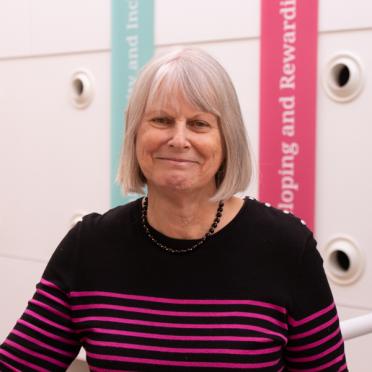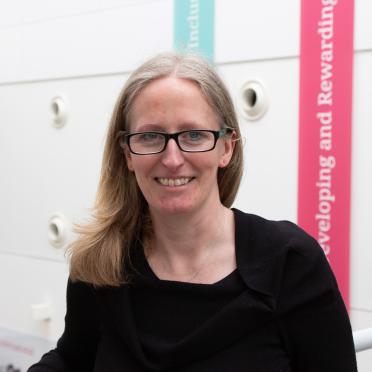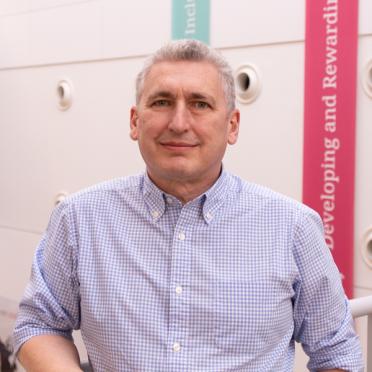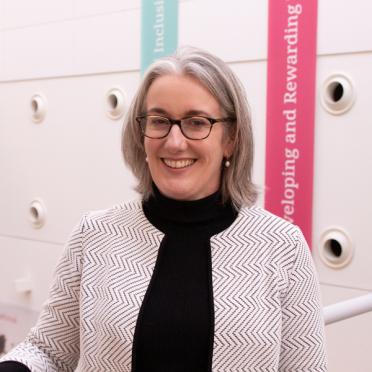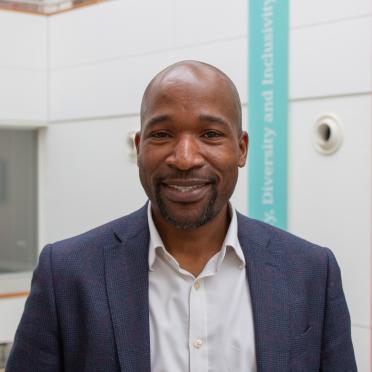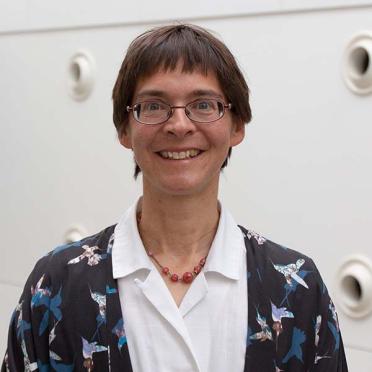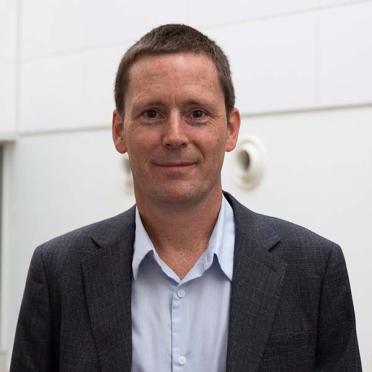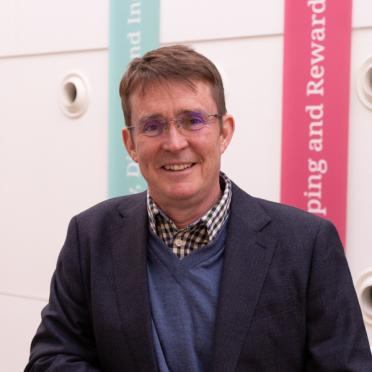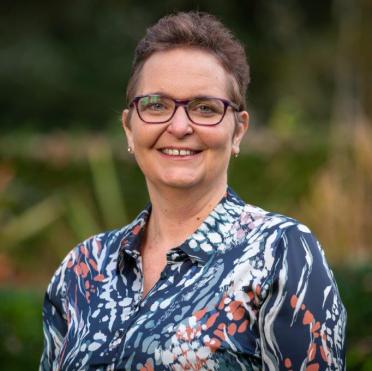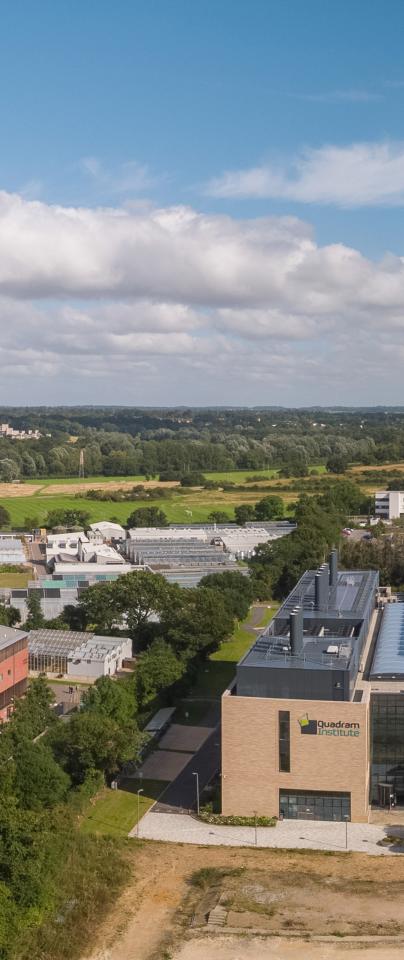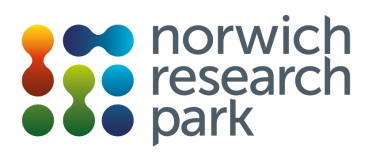Chair of the Board: Professor Deborah F. Smith OBE DSc PhD FRSB
Deborah Smith trained as a biochemist at the University of Southampton and carried out postdoctoral work at MRC Mill Hill, NIH Bethesda (USA) and Imperial College London before joining the academic staff at Imperial. Following promotion to a personal chair, she moved to the University of York to establish the Centre for Immunology and Infection and further her research interests in neglected tropical diseases. Her research career has spanned molecular and cell biology, biochemistry and genomics, latterly focusing on the translation of fundamental research to drug and vaccine development. Deborah was Head of the Biology Department at York before appointment as Pro-Vice-Chancellor for Research with responsibility for institutional research strategy and policy. In that role, she sat on the University Executive Board and Council and was York lead for Athena-Swan activities, while also representing the university externally at the Russell Group, N8 Research Partnership and World Universities Network. Deborah has chaired the MRC Infection and Immunity Board, the Wellcome Trust Science Interview panel, been a member of the Wellcome Trust/Royal Society Sir Henry Dale Fellowships committee and the Council of Research England. She has also participated extensively in evaluation of international research programmes. Deborah joined the Earlham Board as a Trustee Director in 2021 and was awarded an honorary DSc by Imperial College in 2023. She is the President of the Yorkshire Philosophical Society and an Honorary Member of the British Society for Parasitology.

